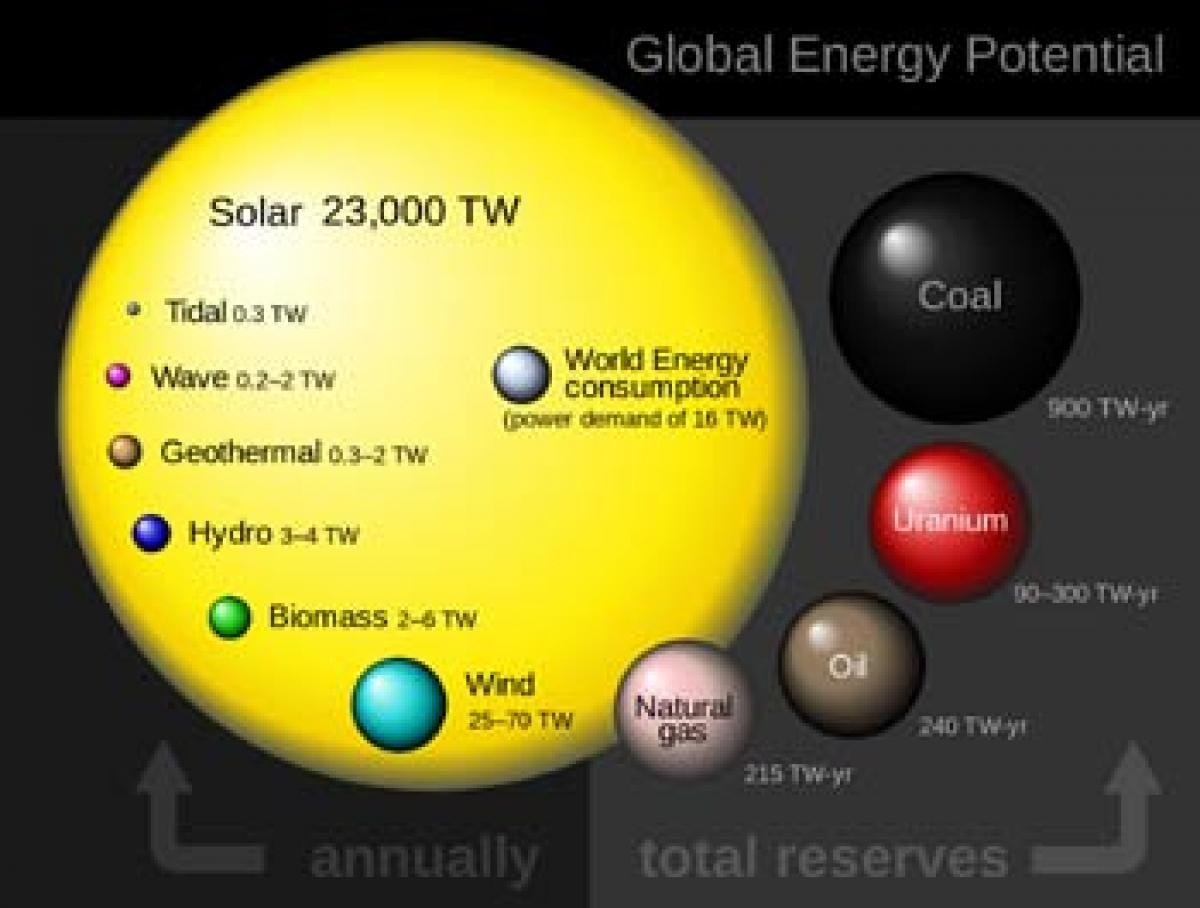Live
- Tim Southee matches Chris Gayle's six-hitting record in his farewell Test
- AP Mnister Ponguru Narayana Inspects Highway Connectivity Roads to Amaravati
- Reduced inflow: Water levels in Chembarambakkam, Poondi reservoirs drop
- Slapgate haunts CM as Rohini slams Nitish following Patna DM’s action against BPSC candidate
- Amazon Music India Unveils 'Best Of 2024’ Celebrating Top Hits, Artists & Podcasts
- Kejriwal writes to HM Shah on law and order, seeks urgent meeting
- Big e-commerce firms to adopt Safety Pledge on National Consumer Day
- Cop ends life over torture by wife, father-in-law in Bengaluru
- Indian Constitution longest and most beautiful, Kiren Rijiju lauds its inclusive character
- BSNL's Rs 333 Plan Challenges Airtel and Jio with 1300GB Data: Details
Just In

The Conference of Parties under the United Nations Framework Convention on Climate Change, now holding its 21st summit meeting in Paris, is the world\'s most influential platform that has the power to change the face of the planet.
 The Conference of Parties under the United Nations Framework Convention on Climate Change, now holding its 21st summit meeting in Paris, is the world's most influential platform that has the power to change the face of the planet. And the word "power" reminds you of its importance at this stage, being among of the prime factors that play a pivotal role in the climate change.
The Conference of Parties under the United Nations Framework Convention on Climate Change, now holding its 21st summit meeting in Paris, is the world's most influential platform that has the power to change the face of the planet. And the word "power" reminds you of its importance at this stage, being among of the prime factors that play a pivotal role in the climate change.
With the advancement of technology, the demand and dependence on energy has increased. Every growing city is energy-hungry and adding to the climate issues. But, we cannot ignore the fact that we need energy to sustain. In such a scenario, we certainly require a change. We cannot have Smart Cities unless we have smart strategies to govern our resources.
Renewables are the biggest weapon for us, which needs to be tapped at the optimum level. And India has vast resources of solar and wind energy which is yet majorly untouched. In fact, India aims to expand its renewable sector by adding 175 Gigawatts though these mediums by 2022.
Prime Minister Narendra Modi himself outlined this during the launch of the grand Solar Alliance of over 120 countries on the opening day of the Paris conference on November 30. This gives an optimistic impression of the prime minister's aspiration for creating clean fuel, while also making it available for use.
We need a paradigm shift now: From fossils to solar, shifting the dependence, in order to generate power that doesn't poison the environment. Barely from 20 MW in 2011, India's installed solar capacity has increased to 3.74 GW as of March, 2015.
India's geographical features are quite supportive of making the most of the wealth shining from the heaven. An initial investment of $30 million in setting up solar secretariat in India is like the foundation brick of this vision, which can eventually raise $400 million from the memberships, and international agencies as innovation funds.
By creating larger solar market we lower the costs, increase demand and stir the change. This will enable villages deprived of electricity to also avail it. Additionally, the employment opportunities across the country and globe will also magnify. But this mission isn't here without hurdles. We need to re-look at the following aspects to make this grand plan happen as envisioned. No pain, no gain:
- One of the major issues: Service tax levied on the sale of solar power generated through the rooftop solar panel, by small entrepreneurs to its tenants, is not specifically mentioned in the negative list of the service tax.
- Only renewable energy service companies and distributors are exempted from service tax.
- Consequently, tenants refuse to buy solar-fed electricity from the small entrepreneurs with additional 14.5 percent service tax on it. This is discouraging.
- Affordability, especially for the households, is in question.
- Despite the fact that the prices of photovoltaic, or solar, modules have crashed 50 percent since 2011, costs involved in installing these panels on rooftops is high on the upfront.
- Photovoltaic module constitutes approximately 50 percent of the rooftop cost and installation of 1 KW potent panel costs Rs.65,000 without battery back-up and subsidy.
- Assembling the parts for power storage is expensive. Additionally, technical specifications -- like voltage, flicker, sync of net-metering system -- and support is lacking.
- We also lack financial support for solar projects due to limited track records and less awareness among consumers.
All the issues listed above need to be resolved for making the alliance successful. Solar energy is likely a heavenly gift for us. Prime Minister Modi has been a clean energy propagator, and his efforts towards at rolling out over 900 MW of solar energy in Gujarat is commendable.
Certainly, his alliance proposal indicates a "sunrise of new hope" for India. What can act like a cherry on the top is, banning production and sale of the conventional incandescent bulbs and compact fluorescent lamp, while accepting systems based on light-emitting diodes whole-heartedly. India will, then, have less craving for energy.(Kamal Meattle is a trustee of the Al Gore-established The Climate Reality Project)
By Kamal Meattle

© 2024 Hyderabad Media House Limited/The Hans India. All rights reserved. Powered by hocalwire.com







